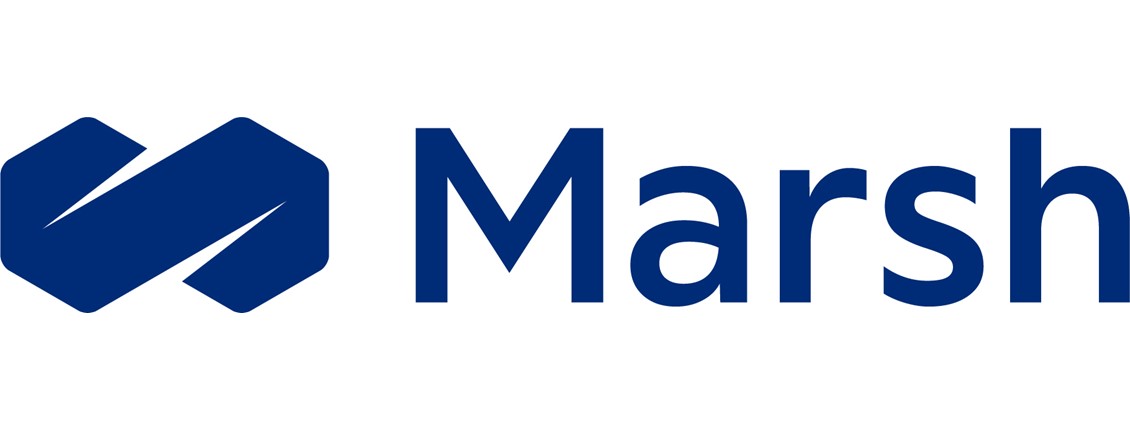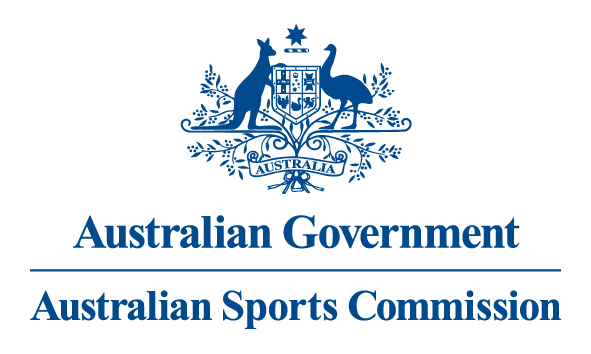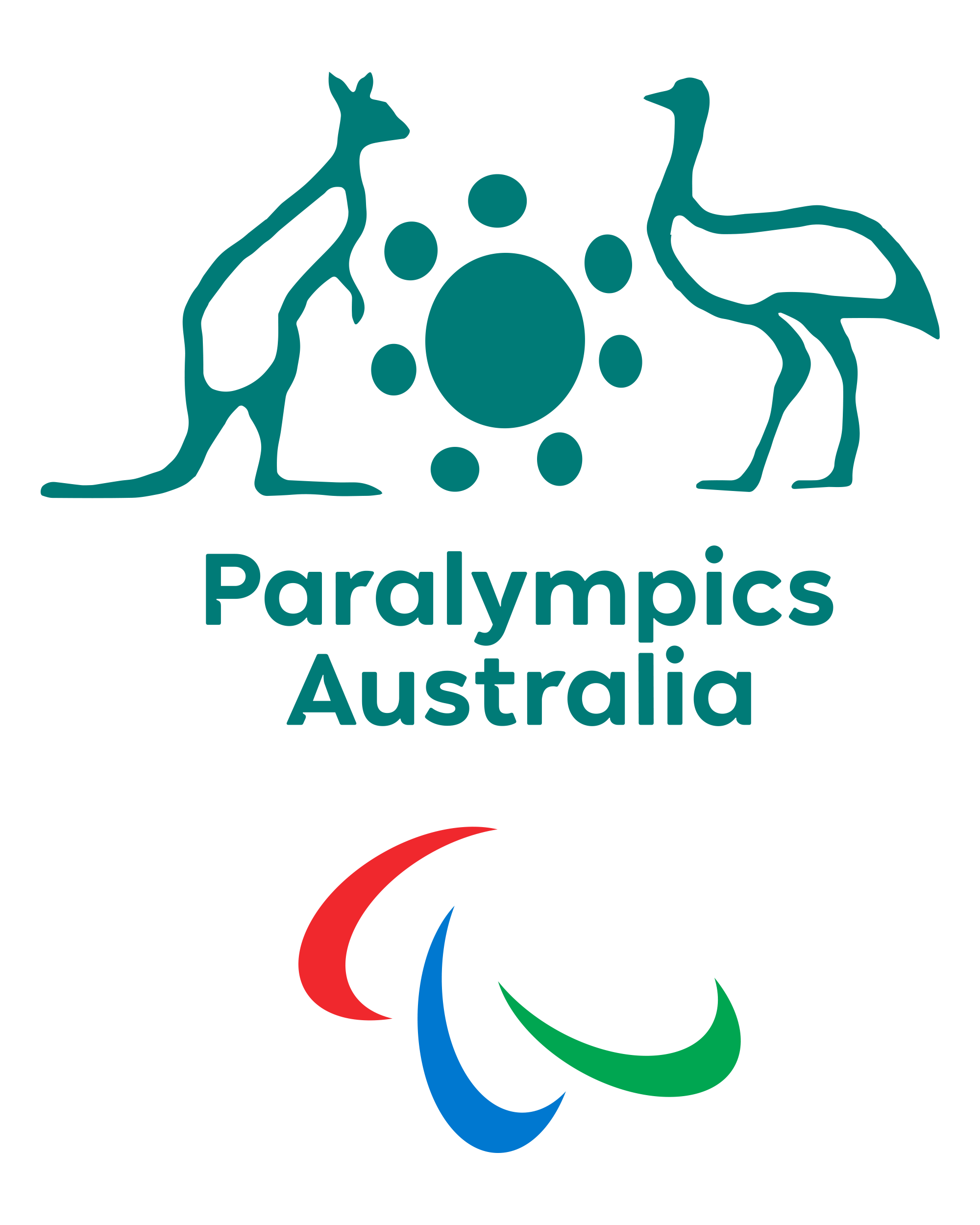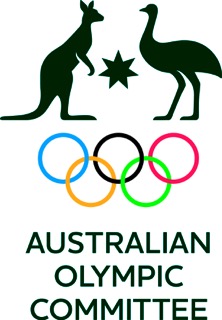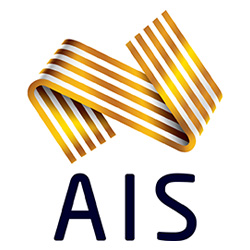
Athletes to Help Shape Future of Female Performance and Health in Sport
An athlete advisory group comprising Olympic, Paralympic and Commonwealth Games athletes has been launched with the Australian Institute of Sport (AIS) to help guide the direction of female performance and health in Australian sport.
Tokyo-bound Olympians Nina Kennedy (Pole Vault), Sarah Hawe (Rowing), Stephanie Kershaw (Hockey) and Lea Yanitsis (Water Polo), netball world champion Natalie Medhurst and Paralympic swimmer Jessica Smith are among the 14 women selected to be part of the AIS Female Performance & Health Initiative (FPHI) Athlete Reference Group
The AIS FPHI is designed to increase knowledge and support on matters of female health, wellbeing and performance in Australian sport, including areas such as the menstrual cycle, menstrual abnormalities, puberty and hormonal contraception.
Australian Sports Commission Chair Josephine Sukkar welcomed the athlete appointments and said it’s critical to give athletes a strong voice on matters that directly relate to them.
“The AIS is deeply committed to supporting and elevating our women athletes and I am proud the organisation has once again taken a leadership role in establishing the AIS Female Performance & Health Initiative,” Ms Sukkar said.
“The AIS FPHI was created to address a real need in the high performance sport system and the Athlete Reference Group will ensure that this important resource remains relevant. I look forward to seeing the impact the group will have in guiding the next stage of the AIS FPHI.”
AIS FPHI Lead Dr Rachel Harris, also Chief Medical Officer for Paralympics Australia and Water Polo Australia, said the diversity of the group, with a background in different sports, will be hugely beneficial.
“Athletes are the central focus of the AIS FPHI so it is essential that the Athlete Reference Group is representative of the diverse community of females athletes in high performance sport,” Dr Harris said. “We want to ensure the athlete voice is heard and that our resources are relevant and appropriate to the population they aim to assist.”
Kennedy said the resources will make a huge difference across high performance sport, especially to those emerging athletes.
“I lacked the resources and guidance about these topics when I was a junior athlete and that's when the most guidance is needed,” Kennedy said. “Female health has a significant impact on performance and the more coaches are aware of this and have resources available to learn from, the implementation of strategies for elite performance will become more accessible and less taboo.”
Yanitsis, who will be returning to the Olympic arena for the first time since having a child, agreed.
“The only way to achieve the best from our athletes is to understand them as a whole human. As a mother returning to elite sport myself, I encountered multiple barriers in returning to training and I would like to see fewer barriers, better education, more resources and research available to athletes on their specific health concerns.”
The Athlete Reference Group will meet quarterly with Dr Harris and AIS Professional Networks Manager Miranda Menaspà over the next 12 months to discuss the direction and issues relating to the AIS FPHI.
AIS FPHI resources are available via a website that has online learning modules for athletes, coaches and health practitioners working with female athletes. More information can be found here.
AIS Female Performance Health Initiative Athlete Reference Group: Abigail Paduch (Judo); Lea Yanitsis* (Water Polo); Gracie Elvin (Cycling); Stephanie Moorhouse (Gymnastics); Stephanie Kershaw* (Hockey); Sally Phillips (Basketball); Natalie Medhurst (Netball); Sarah Hawe* (Rowing); Jessica Smith (Swimming); Kaitlyn Fassina (Weightlifting); Nina Kennedy* (Athletics/Pole Vault); Beki Smith (Athletics/Walk); Elise Rechichi (Sailing); Bree Walker (Bobsleigh)** [*selected for 2020 Tokyo Olympics **selected for 2022 Beijing Olympics]
Supplied by AIS

